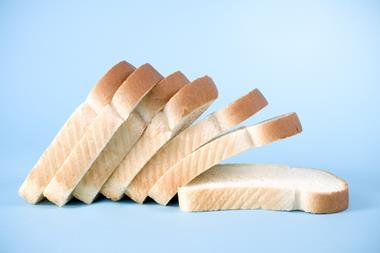Commodity pricing data supplied by Mintec. (Prices per metric tonne)
EU butter
€5,758
Month-on-month: 16.3%
Year-on-year: 117.4%
Tight milk fat supplies in the EU and high demand for butter has caused prices to rise to record high levels. Between January and April, EU butter production declined 5% y-o-y, caused by a decline in milk fat availability. In addition, prices have been further supported as buyers have struggled to secure long term con-tracts, making spot buying more competitive.
Canadian milling wheat
CAD$301
Month-on-month: 13.5%
Year-on-year: 43.9%
Canadian wheat prices have continued to rise in July, driven by hot and dry adverse weather conditions raising concerns over crop production. Despite harvested area forecast to rise this season, Canadian wheat production in Canada for 2017/18 is forecast down 11% y-o-y at 28.4m tonnes.
EU milling wheat
€184
Month-on-month: 7.3%
Year-on-year: 11.3%
EU wheat prices have continued to rise m-o-m in July, as concerns continued over production in the US. For the 2017/18 season, adverse weather in the US has reduced the seasons forecast by 4% m-o-m at 47.9m tonnes, now down 24% y-o-y.
EU SMP
€1,975
Month-on-month: 5.6%
Year-on-year: 14.8%
Tight supplies and low prices stimulating demand has driven SMP prices higher both m-o-m and y-o-y. Be-tween January and April, EU SMP production declined 10% y-o-y, due to a preference from manufacturers to process cheese over butter or SMP. No further announcements have yet been made over the current 350,000 tonnes currently in the price intervention scheme.
EU sugar
€607
Month-on-month: 1.1%
Year-on-year: -0.5%
Sugar prices remain subdued, affected by expectations of large global sugar supplies in 2017/18 and weak-er-than-expected sugar consumption in India. In addition, higher duties on sugar imports in China and low prices of crude oil have kept prices lower y-o-y.
UK milling wheat
£147
Month-on-month: -0.1%
Year-on-year: 21.0%
UK wheat prices have remained fairly stable m-o-m but are up y-o-y in July. In 2016/17, the UK is expected to become a net wheat importer, driven by the growth in the UK’s bioethanol industry. Domestic consumption is rising, estimated up 6% y-o-y at 15.7m tonnes, causing a forecast 46% y-o-y decline in exports at 1.5m tonnes.


























No comments yet